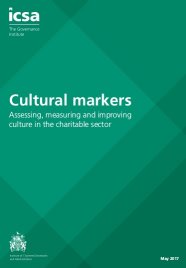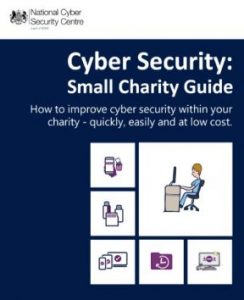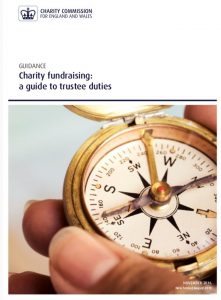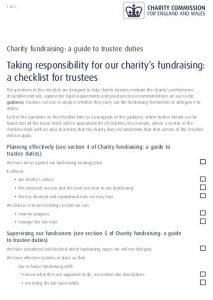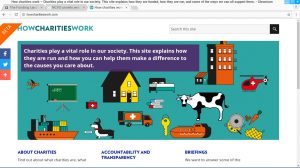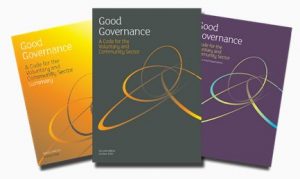From our archive:
An interesting take on the current debate around ‘trust in charities’…
icsa – The Governance Institute have just published a new report Cultural Markers: Assessing, measuring and improving culture in the charitable sector.
With the reputation of the charity sector under assault from recent scandals, this paper from icsa is a timely one. Although hard to measure, the permeation of a recognisable, embraced and effective cultural identity is the mainstay of charitable activity, whether for small or large organisations.
Cultural Markers (pdf) provides an interesting overview of the current reputational demise of the sector, but we would argue that this should not be read as global condemnation of all. Indeed the report states ‘…A small number of charities have contributed to this perceived decline in public trust, making operations more difficult for the majority of charities, which quietly go about business helping their beneficiaries‘.
The report recognises the pressure everyone in the sector is under, as funding diminishes and operational constraints continue to increase. However, ‘…there needs to be a strong understanding and respect for the roles of each in ensuring that an appropriate culture is evident and supported by corresponding values and ethics in every facet of the charity’s operations‘.
The icsa report considers thirteen key indicators that can affect cultural attitudes and deliveries inside charities. They include…
- Considered and reflective board discussions about culture, values and ethics
- A strong commitment to good governance
- Strong, ethical and considered leadership
- Existential stress
- The power of personality
The reflection also includes nine key questions which trustees, managers and leaders of all shades should be addressing to maintain and improve their ‘cultural effectiveness’. These include…
- How frequently is organisational culture (values) discussed as part of the formal board agenda? Never, every three years (alongside the strategic plan), once a year, more than once a year?
- Do staff/customer satisfaction survey results mirror the agreed culture of the charity?
- Have members challenged the authority of the board in the last 12–18 months? What was the issue under challenge?
- Does the board/senior management team behave in accordance with the agreed values of the organisation?
- Is there an agreed code of conduct in place that helps to build the desired culture of the organisation?
- Are constitutional changes made against material opposition from members, staff, service users or funders?
- Are ethical dilemmas discussed at board meetings? Are such ethical decisions reviewed?
- Have key performance indicators led to any inappropriate behaviours in the charity?
- How are incidents of inappropriate behaviours or unwanted culture recorded, monitored and dealt with?
With reputations under challenge and the myriad competing priorities of charitable governance, it is welcome to have a simple codified process of question and challenge which, if adopted as part of the normal discourse of the work, will help support and improve the culture of our organisations.
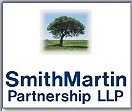
Helping community enterprise flourish

